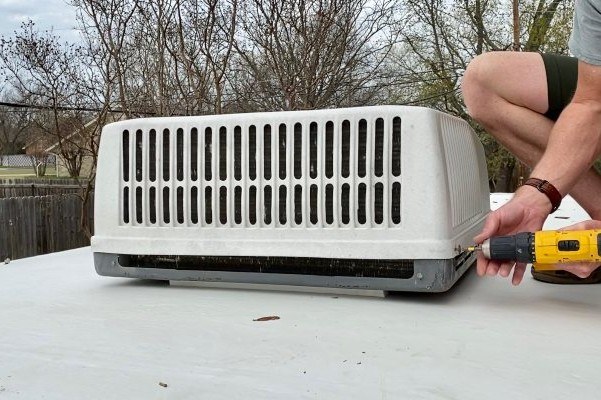Air conditioners have become essential in many households, offering comfort in sizzling summer months. But when choosing an AC unit for your space, size matters – not the physical size, but its cooling power, which is measured in British Thermal Units (BTUs). In this guide, we will demystify BTUs, helping you determine the right amount for your space, and touch upon intelligent cooling solutions available today.
Understanding BTUs
The term British Thermal Unit (BTU) refers to the amount of heat required to raise the temperature of one pound of water by one degree Fahrenheit. In the context of AC units, it represents the cooling capacity of the unit – the higher the BTUs, the larger the space it can cool.
Factors Affecting BTU Requirements
Several factors can impact how many BTUs you’ll need:
- Room Size: Larger rooms need more BTUs.
- Insulation: Poor insulation can mean requiring more BTUs to achieve the desired temperature.
- Number of Windows: Windows, especially those facing the sun, can heat up rooms, demanding a more powerful AC.
- Occupancy: Every person in a room can be estimated to add 600 BTUs. So, the number of occupants matters.
- Kitchen: If the room has a kitchen, add an additional 4,000 BTUs due to the heat produced while cooking.
- Ceiling Height: High ceilings mean more space to cool, thereby requiring more BTUs.
Calculating the Right BTU
A general rule of thumb is:
- For every square foot, you need approximately 20 BTUs.
So, a 250 sq ft room would need an AC unit of around 5,000 BTUs. However, always adjust this number based on the factors mentioned above.
You can also use online BTU calculators to get an estimate tailored to your room’s specifics.
Benefits of the Right BTU Amount
Energy Efficiency: An AC with excess BTUs can lead to rapid cooling but may not dehumidify the room effectively. One with too few BTUs will run continuously, consuming more energy.
Cost Savings: Properly sized ACs use energy more efficiently, leading to lower utility bills.
Longevity: When an AC doesn’t have to work harder than it’s designed for, it typically lasts longer.
Smart AC Solutions
Modern air conditioners come with smart features, allowing more efficient and comfortable cooling solutions. With smart thermostats, geo-fencing, and AI-based learning capabilities, these units can auto-adjust based on your living patterns, saving energy and ensuring optimal comfort.
Conclusion
While choosing an AC, it’s crucial to understand your BTU requirements. Not only will this ensure that your space is adequately cooled, but it will also lead to energy and cost savings in the long run. As technology advances, making the most of smart AC solutions can offer personalized cooling experiences while being energy-efficient.
FAQs
1. What happens if my AC has too many BTUs?
An oversized AC will cool the room quickly, but it may not effectively remove humidity, leading to a cold but clammy environment.
2. Is it okay to buy an AC with slightly more BTUs than required?
It’s okay to go slightly over, but excessive BTUs can lead to inefficiencies and discomfort.
3. How do I factor in multiple rooms or open spaces?
For multi-room or open-concept spaces, it’s best to consult with a professional or use sophisticated BTU calculators that account for such complexities.
4. Do smart ACs adjust BTUs?
While they can’t change their BTU rating, they can adjust their output and fan speed based on room conditions, leading to more efficient cooling.
Zeeshan is a seasoned tech expert and senior writer at Teckrr.com. With over 10 years of experience in tech journalism, he brings insightful analysis and up-to-date information on the latest tech trends. Zeeshan holds a MBA degree from Business and Tech University and is known for his engaging writing style and ability to demystify complex tech topics. Stay connected with the cutting-edge of technology through his expert lens.

Leave a Reply